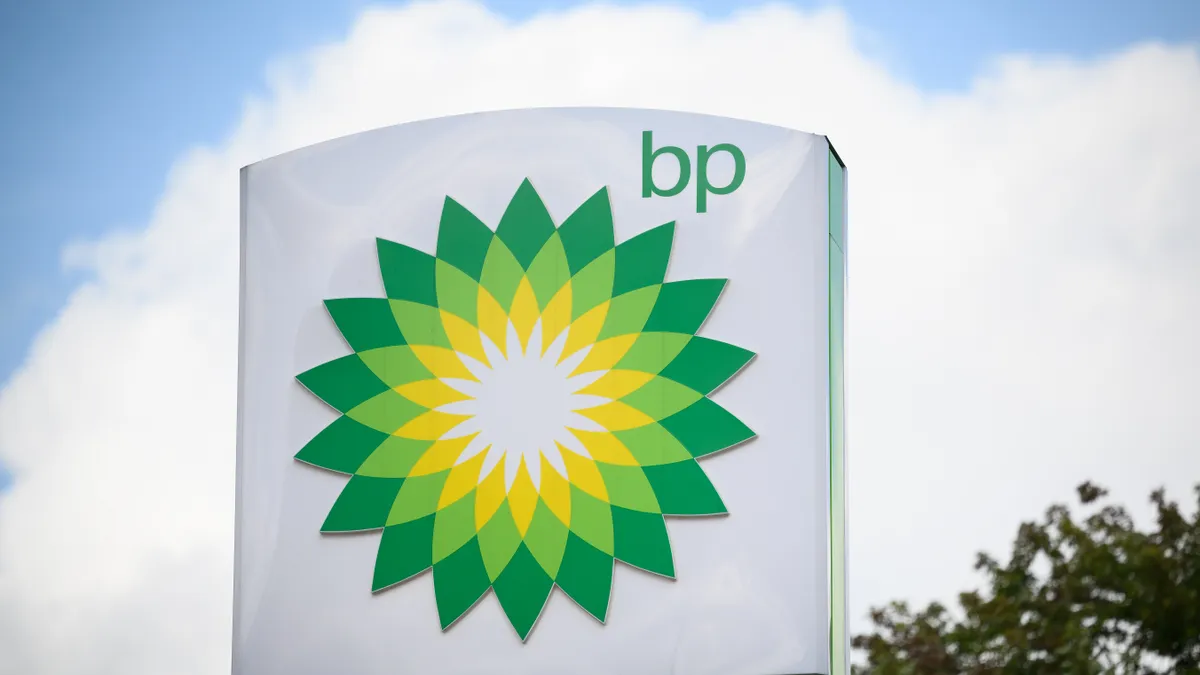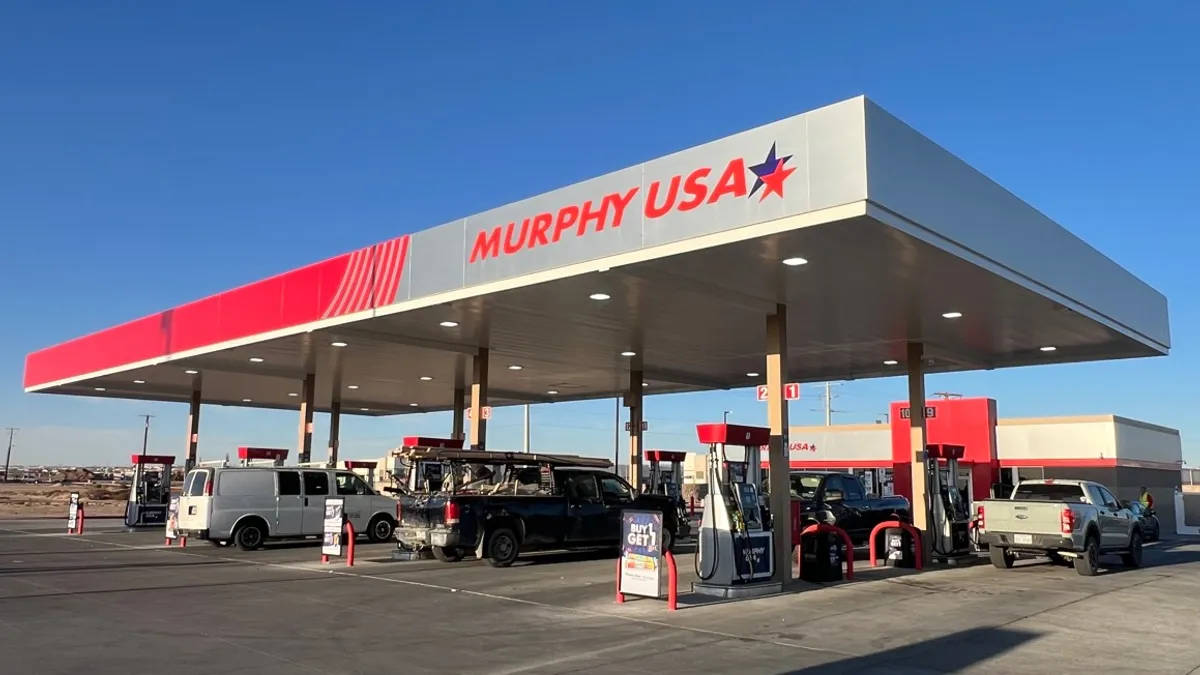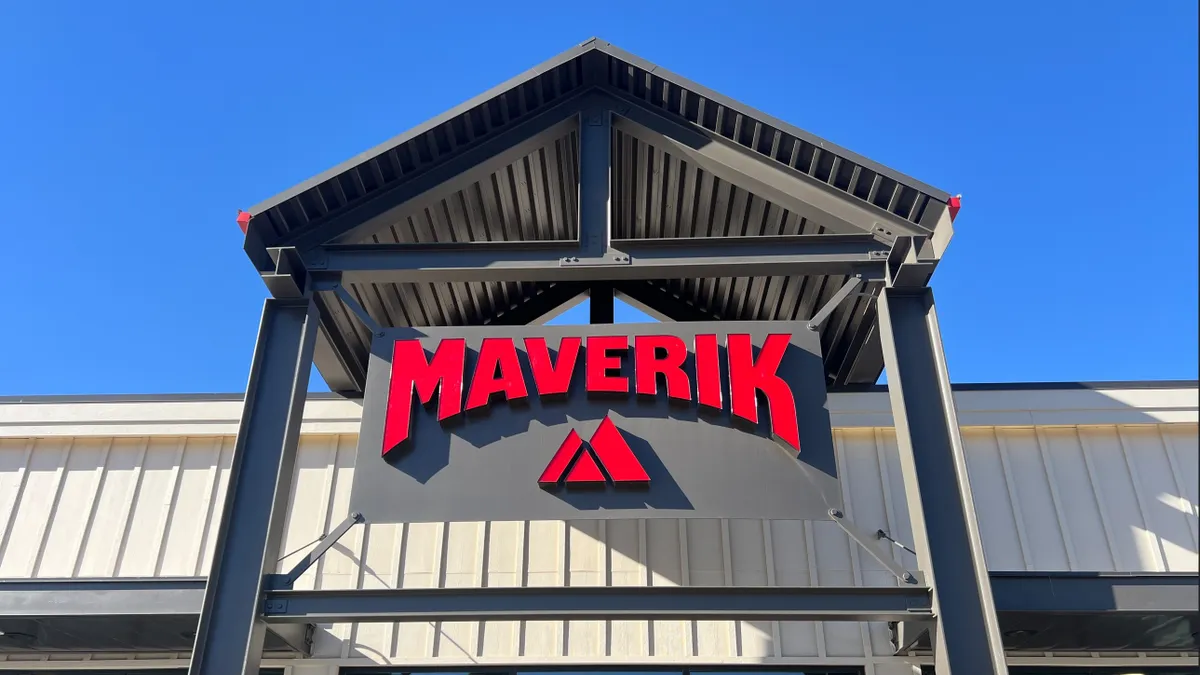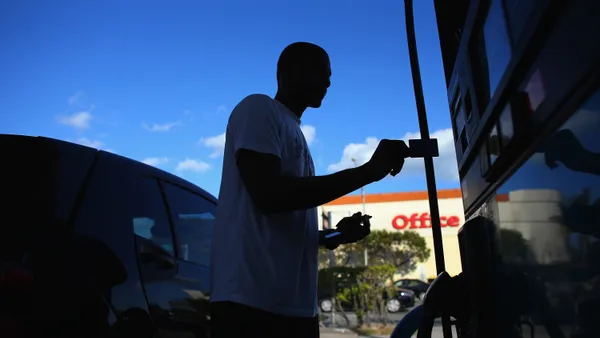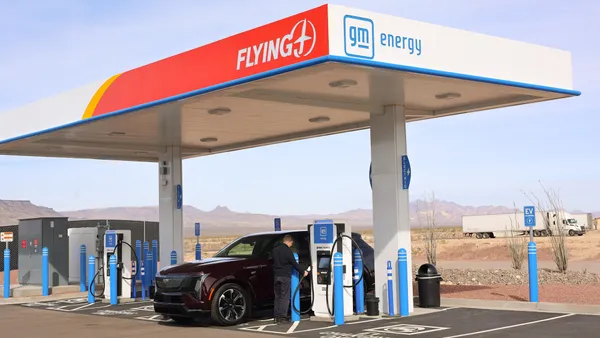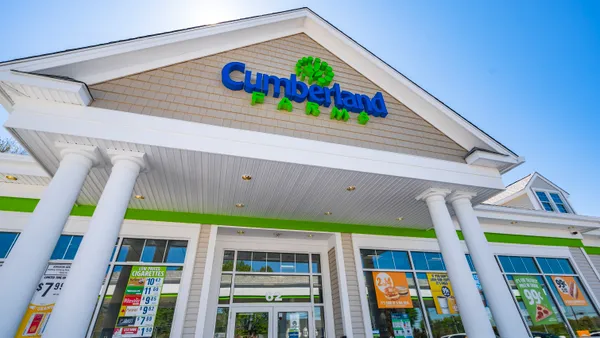Dive Brief
- BP intends to acquire Archaea Energy, a major producer of biogas — renewable natural gas from waste — in a deal that could close by the end of this year pending regulatory approval.
- The transaction is being valued at approximately $4.1 billion based on a price of $26 per share and $800 million of net debt. Once the deal is finalized, Archaea is expected to operate as a subsidiary within BP.
- This continues a flurry of initiatives BP has launched in the broader energy market over the past few months, all of which coincide with the company’s re-entry into fully owned and operated convenience stores in the U.S.
Dive Insight
Acquiring Archaea will expand BP’s presence in the U.S. biogas sector, moving the company further along its goal to reduce the average carbon intensity of its energy products, according to a BP announcement. BP aims to reduce that carbon intensity to net zero by 2050.
BP anticipates the transaction will increase its own biogas supply volumes by 50% at the time of closing and estimates it will double its earnings from biogas (before interest, taxes, depreciation and amortization) to around $2 billion by 2030.
Houston-based Archaea currently operates 50 RNG and landfill gas-to-energy projects in the U.S., with more than 80 other projects in development.
BP already has an existing biogas business and has made multiple investments in the sector this summer. Last week, the company announced a 10-year, $175 million RNG offtake agreement with food waste technology company Divert, which includes the purchase of RNG generated from three Divert facilities in development in California, Pennsylvania and Washington. In September, BP agreed to acquire retail power and gas provider EDF Energy Services, a move that will let BP reach customers in the commercial and industrial sectors and increase its capacity for lower carbon energy solutions.
BP isn’t the only gas and c-store player dipping its feet into the RNG sector. In late September, Amazon and natural gas provider Clean Energy Fuels opened an RNG fueling site in Groveport, Ohio, as part of an agreement to debut 19 of them in North America.
According to the U.S. Environmental Protection Agency, RNG “is a term used to describe biogas that have been upgraded for use in place of fossil natural gas. The biogas used to produce RNG comes from a variety of sources, including municipal solid waste landfills, digesters at water resource recovery facilities (wastewater treatment plants), livestock farms, food production facilities and organic waste management operations.”
BP’s recent moves in the broader energy market coincide with its re-entry into fully owned and operated convenience stores in the U.S., highlighted by its acquisition of Thornton’s in 2021 and expansion of its Ampm brand earlier this summer. It’s unclear at this point how BP’s mission to become an integrated energy company will coexist with its focus on its U.S. c-store business, but the company appears to be all-in on both fronts.
In 2007, BP sold 700 of its U.S. owned-and-operated convenience stores as a move to simplify its operations, the company said at the time. Three years later, BP put another 114 c-stores up for sale.




